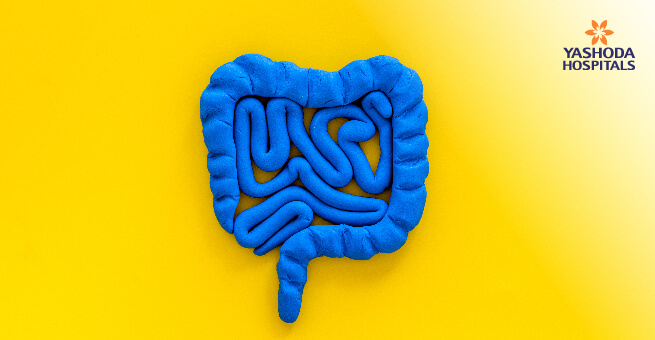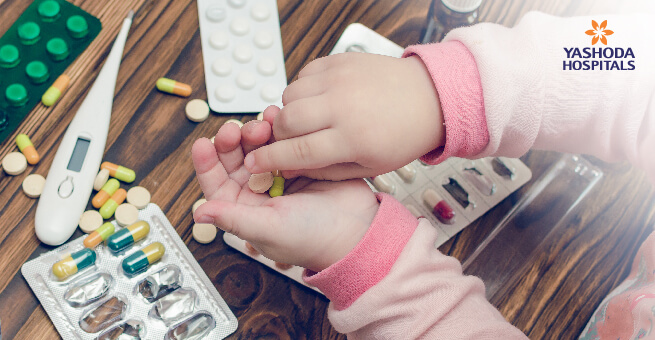When you hear the word antibiotic, what comes to mind? Is it your go-to medication for any illness or infection?
Antibiotics are one of the most significant man-made discoveries. Thanks to a variety of antibiotics, bacterial illnesses like pneumonia have witnessed decline in prevalence, severity, and mortality. Antibiotics are medications used to treat bacterial infections such as staph infections, whooping cough, acne,STDs and more. They either kill the bacteria or prevent them from multiplying. Despite the fact that antibiotics are immensely beneficial to humans, they do have some drawbacks.
Some of the reasons why you might reconsider taking antibiotics are as follows:
Antibiotic Resistance
Infectious bacteria enter the human body and modify their DNA to adapt to the surroundings. After settling, they begin to multiply rapidly, which causes infection. When antibiotics are used to kill these pathogenic bacteria, some of them may survive and become dominant. These dominant bacteria have developed resistance to the antibiotic that was meant to kill them. The patient may have an illness that is difficult to treat with the same drug. The doctor then suggests a stronger antibiotic. And if the bacteria resists the second treatment, it can become resistant to it as well. This cycle continues, and the bacteria’s capacity to adapt to survive different antibiotics makes them superbugs. In addition to becoming resistant to antibiotics, these superbugs also impair the immune system and cause additional complications.
Antibiotic resistance as a result of human negligence
Superbugs have partly emerged as a result of bacterial evolution in a natural environment, but misuse of antibiotics has also contributed to their rise. When a doctor orders a course of antibiotics, the patient takes the medication until he is well and then discontinues the treatment. This bacteria, which was supposed to die, grows stronger and becomes resistant to the antibiotic, resulting in the formation of superbugs. Therefore, it is important to complete the course of antibiotics prescribed by the doctor to kill the bacteria completely.
Compromised Gut Health
Antibiotics not only kill germs but also the beneficial bacteria that live in the stomach. This upsets the equilibrium of good and bad bacteria, resulting in further complications. The gut microbiota has a significant impact on one’s general health by enhancing metabolism, controlling stress hormones, assisting in vitamin production, and enhancing immune system responses. When the amount of beneficial bacteria declines, it can lead to poor gut health.

Reaction with other drugs
The effectiveness of both the antibiotics and the other medications may be hampered by interactions between the two. Some medicine combinations can worsen the side effects of an antibiotic or other medication. Antibiotics, such as fluoroquinolones and tetracyclines, are less effective when used with calcium, iron, antacids, or foods like milk, cheese, or nuts. Amoxicillin interacts with allopurinol and causes allopurinol hypersensitivity syndrome, which is characterised by rash, fever, and internal organ damage. Therefore, it is important to disclose the medical history to the doctor to avoid any harmful drug interactions. See your doctor immediately in the event of any severe side effects due to the medications.
Children at higher risk
Antibiotic side effects are particularly dangerous for children. Antibiotic side effects such as rashes, itching, or angioedema were reported to account for around 86% of paediatric hospital visits. The antibiotic with the most side effects is amoxicillin, which is commonly used to treat dental abscesses and chest infections.

Numerous studies show that antibiotics have a detrimental effect on children’s mental health. Although no conclusive evidence exists, the likelihood of acquiring mental problems such as schizophrenia, obsessive-compulsive disorder, personality disorders, mental retardation, and autism is reported to increase after the use of antibiotics.
Some other Mild to Severe Side Effects
Antibiotics have a number of side effects, which range from small skin irritations and rashes to potentially fatal anaphylactic shock reactions.
These side effects include:
- Respiratory problems
- Kidney Problems
- Nausea and vomiting
- Heart palpitations
- Muscle spasms
- Increasing joint swell
- Retinal detachment
- Tendinitis
- Rashes
- A painful throat
- Respiratory problems
- Nausea and vomiting
- Diarrhoea
- Abdominal pain
- Tendinitis
According to studies nearly one third of the prescribed antibiotics are not needed. Most of the ailments that send people to the doctor or a hospital emergency room such as painful cough, upper respiratory infection or any viral illness will not respond to antibiotics which are effective on bacterial infections only. While top-level changes among hospitals, physicians, researchers and pharmaceutical companies are necessary, there’s a lot consumers can do to help reverse the trend. Ask your doctor about any alternatives and try them instead of antibiotics. Save antibiotics for the big fights. If the doctor prescribes you an antibiotic, discuss the necessity of the drugs, its possible side effects, stick to the course and don’t miss any dose.
Courtesy: Yashoda Hospital

Comments
Post a Comment